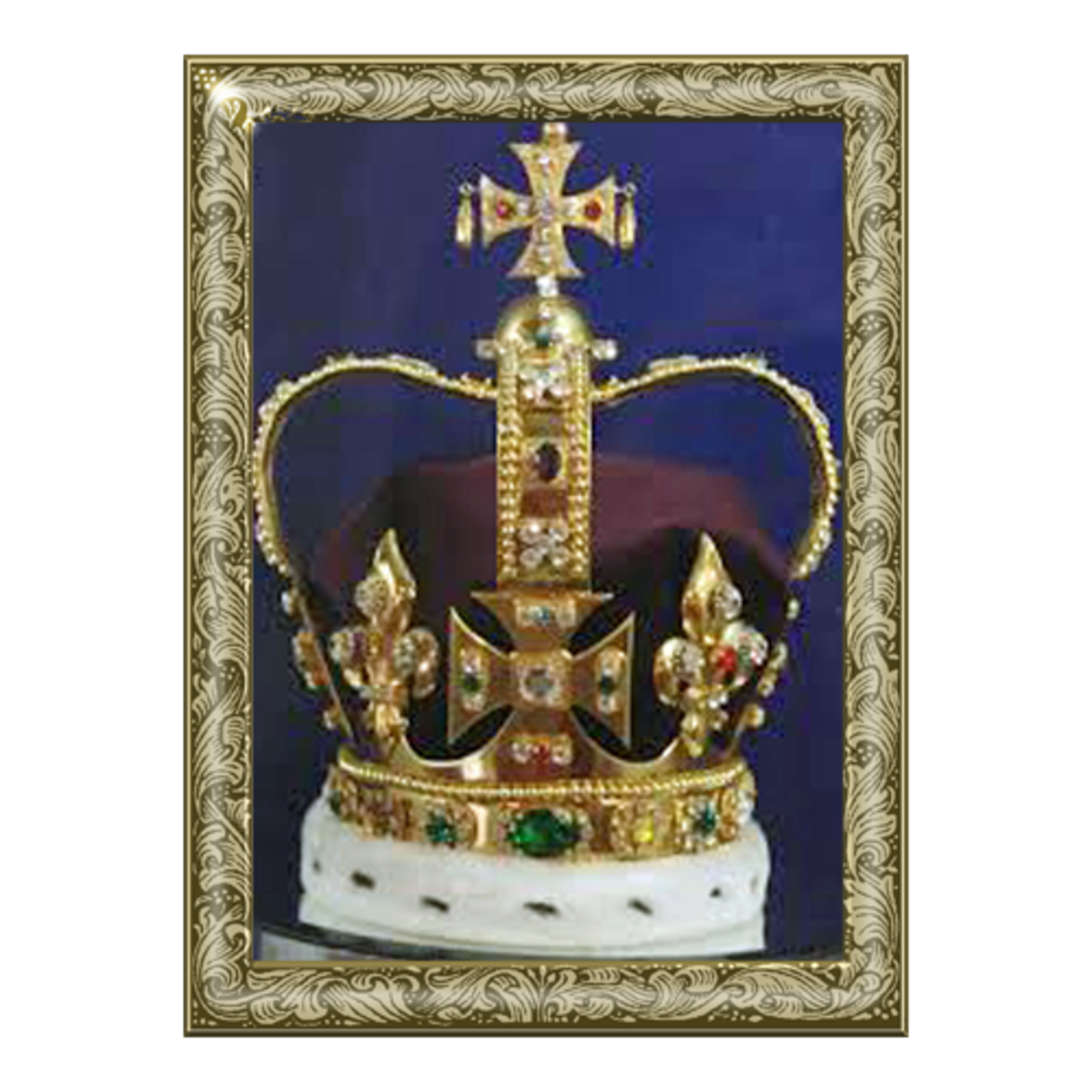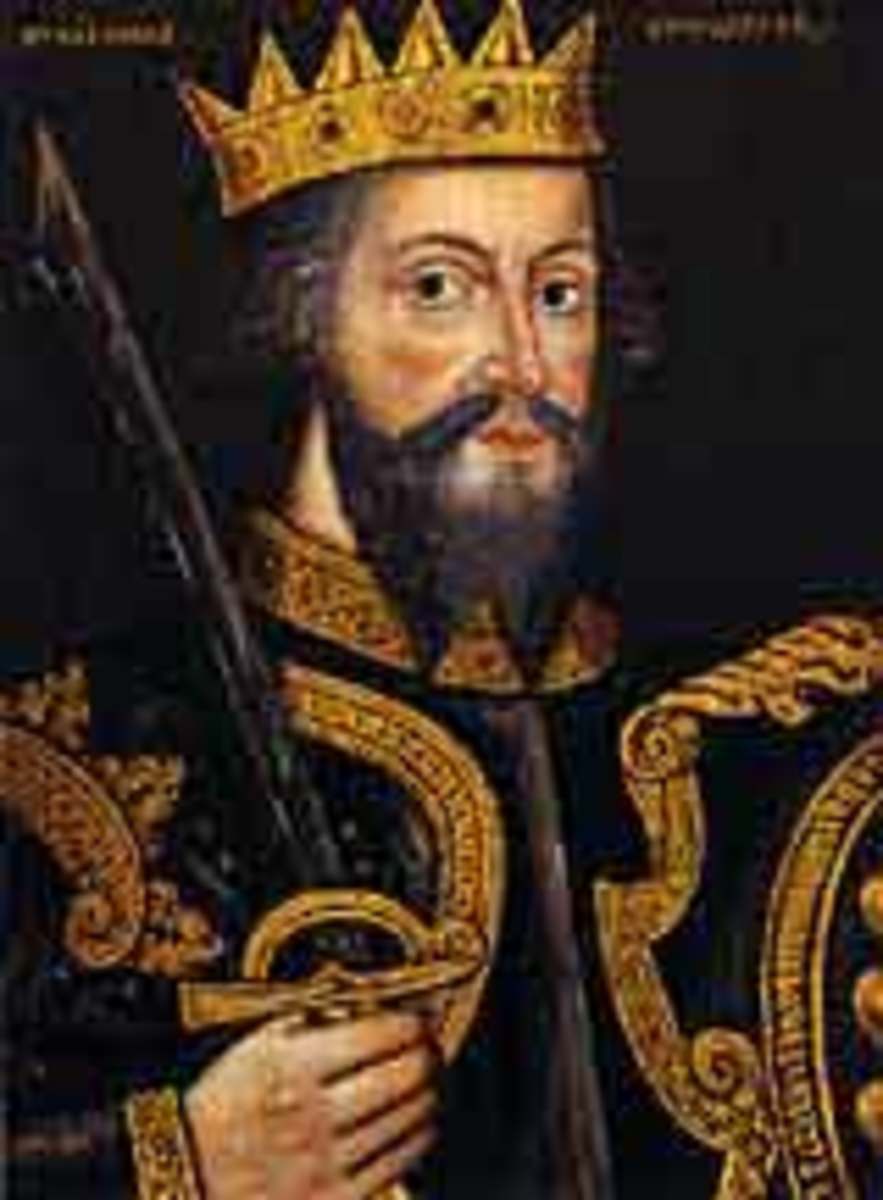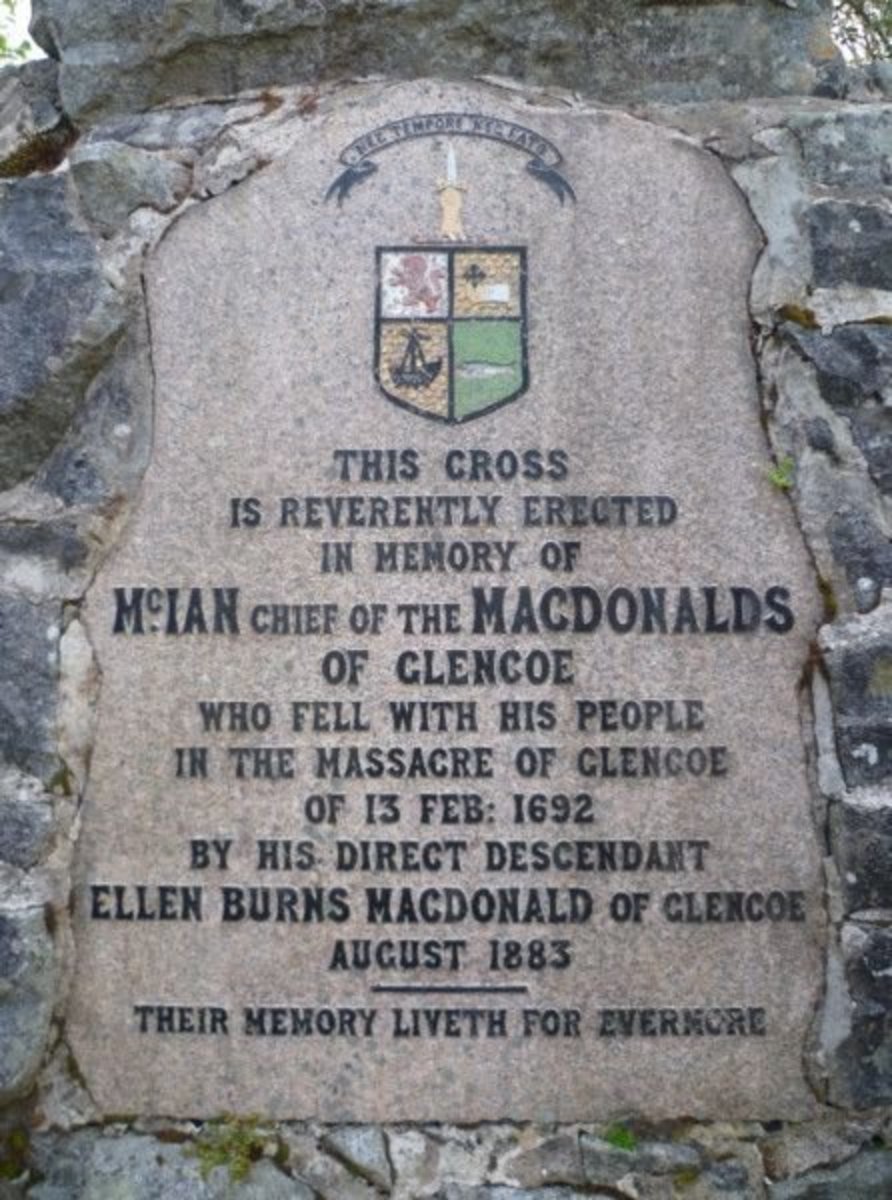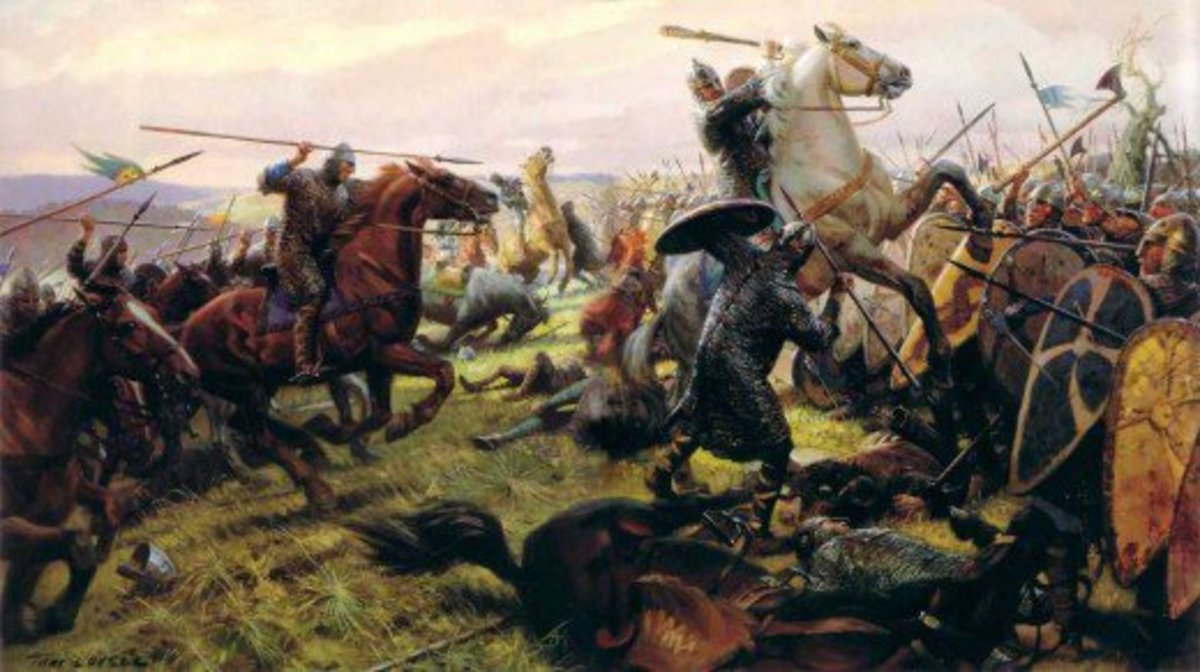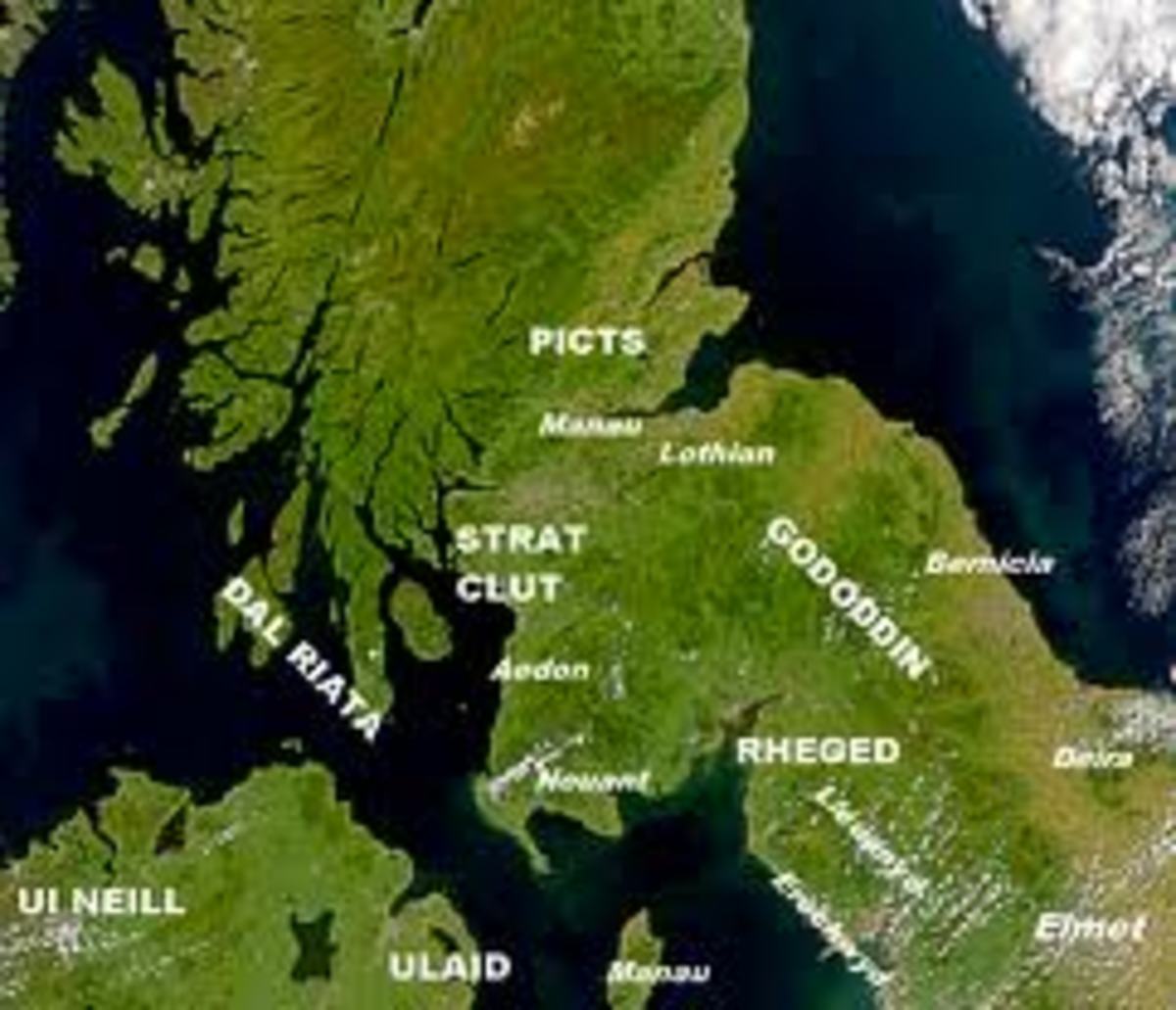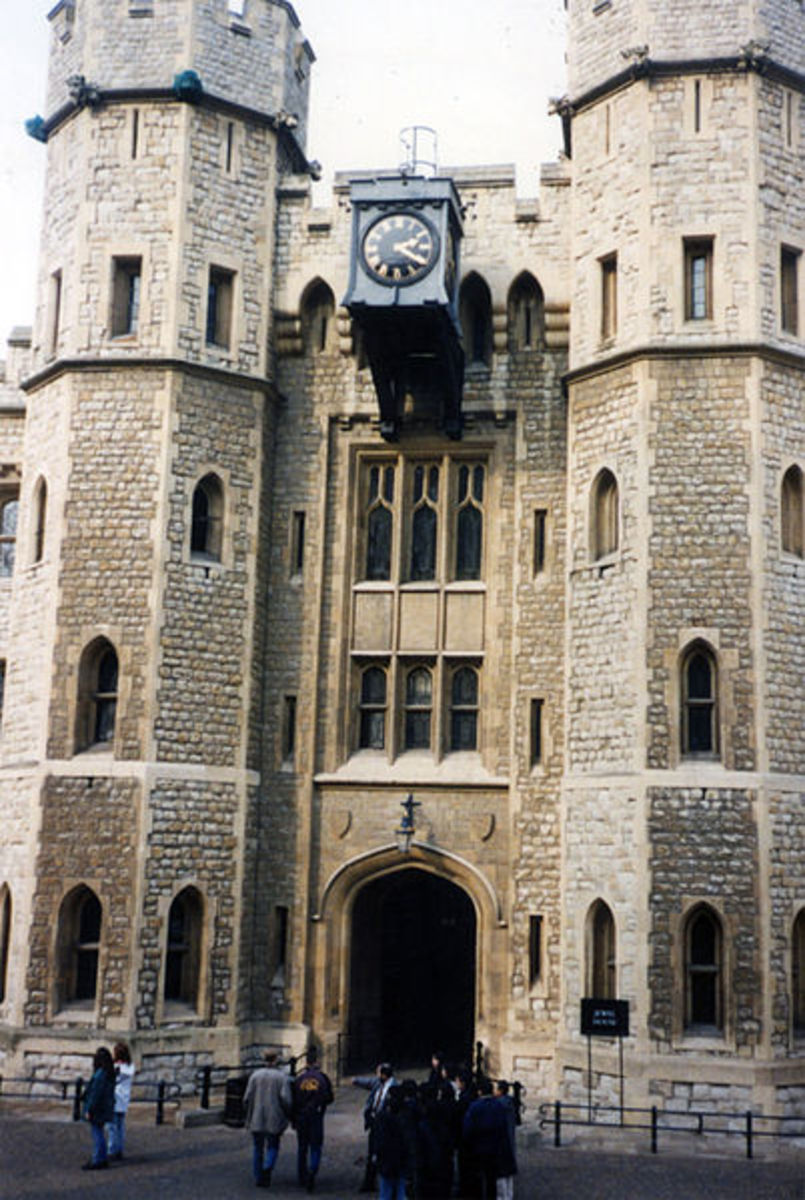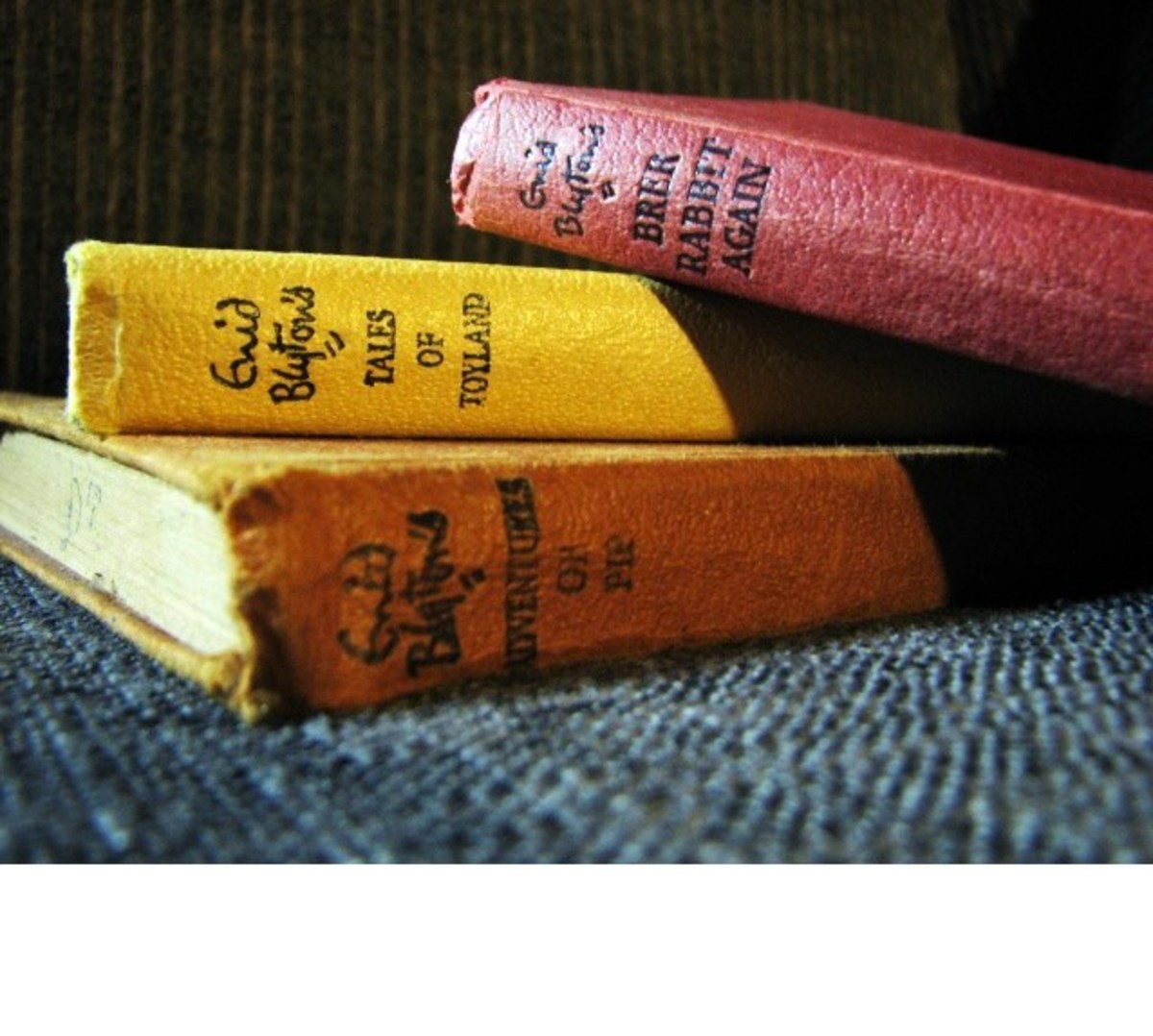King William 4th
King William 4th
In 1830 when King George the 4th died, as he had no legitimate children alive, the crown passed to his younger brother William. He was crowned as King William the 4th. William was 64 years of age when he came to the throne and as he'd been in the Royal Navy for most of his life he was called 'The Sailor King.' He had a long standing mistress, Dorothea Jordan with whom he had ten children. Marriage by members of the Royal Family in those days came under the Royal Marriages Act which forbade any Royalty marrying without the consent of the monarch. To defy this act, many of the family who were not immediately in line to the throne, lived with their ladies out of wedlock. The current leader of the conservative party in England, David Cameron is a descendent of one of the illegitimate children of William and Dorothea.
A career at sea
William was born in the early hours of the morning on 21 August 1765, the third child and son of King George 3rd and Queen Charlotte.
He joined the Royal Navy at the age of thirteen as a midshipman and he was aboard ship at the battle of Cape St. Vincent in 1780. He was treated as just another midshipman on his ship, though a tutor accompanied him. He joined in at every level and did his chores such as cooking,with enthusiasm. After a drunken brawl in Gibraltar he was arrested with his shipmates but he was released when his identity became known. He served in New York during the war of independence and while there, George Washington approved a plot to kidnap him, writing "The spirit of enterprise so conspicuous in your plan for surprising in their quarters and bringing off the Prince William Henry and Admiral Digby merits applause; and you have my authority to make the attempt in any manner, and at such a time, as your judgement may direct. I am fully persuaded, that it is unnecessary to caution you against offering insult or indignity to the persons of the Prince or Admiral..." However, the plot did not come to fruition as the plan was leaked and guards were put in place to protect the prince.
William was promoted to lieutenant in 1785 and the following year he was made captain of HMS Pegasus, a 28 gun Frigate. In late 1786, he was stationed in the West Indies with Horatio Nelson and the two became great friends. Nelson was greatly impressed by William's devotion to duty and the great respect he showed to officers and men alike. Later, at Nelson's wedding, the prince was delighted to give the bride away. He was given command of the frigate Andromeda 1788, and was ultimately promoted to Rear Admiral in command of HMS Valiant in 1789.
Path to the throne
William wanted to be made a Duke like his elder brothers, to receive a similar Parliamentary grant, but his father was reluctant to give it to him. William then threatened to run for Parliament in the House of Commons as a candidate for a constituency in Devon. Appalled at the prospect of his son making his case to the voters, George III created him Duke of Clarence and St. Andrews in May 1789.
Now that he was a Duke, William's career at sea was over. He spent most of his time in the House of Lords. He spoke in opposition to the abolition of slavery, which although not legal in the United Kingdom still existed in the British colonies. Freedom for slaves would do them no good, he argued, as he had travelled extensively and, in his eyes, the living standards among freemen in Scotland was worse than that among slaves in the West Indies. His experience in the West Indies strengthened his position which was seen by some as well-argued and just. Others thought it shocking that a young man such as himself should be in favour of the slave trade. In a speech to the House of Lords, the Duke insulted Mr. Wilberforce, the leading abolitionist, calling him either a fanatic or hypocrite. On other issues he was more up-beat and he supported moves to abolish the penal laws which were a specific series of laws that sought to uphold the Church of England against Protestant nonconformists and Roman Catholics, by imposing forfeitures, civil penalties, and civil disabilities upon them. He was responsible for changing the 'Poor Laws' which made the poor go to live in 'Poor Houses,' where they had to work at menial tasks to earn enough money to keep themselves. Anyone who wouldn't go into a poor house were penalised by having no relief at all, yet when in a poor house the inmates were abused physically and mentally and life for them was hell. He also abolished child labour where children were made to work twelve to sixteen hours a day from the age of five, in coal mines. Others had to climb into chimneys and sweep the soot out, while others were employed under machines in cotton mills clearing the waste away. Death among the children was high.
He also opposed efforts to bar those found guilty of adultery from remarriage.
From 1791, William lived for 20 years with an Irish actress, Dorothea Bland better known by her stage name, Mrs. Jordan, the title "Mrs" being assumed at the start of her stage career to explain an inconvenient pregnancy and "Jordan" because she had "crossed the water" from Ireland to Britain.
The couple had ten illegitimate children, five sons and five daughters. The affair would last for twenty years before ending in 1811. After the breakup, Mrs. Jordan was given a financial settlement of £4400 per year and custody of the daughters, on condition she did not resume the stage. When she took up her acting career again, to repay debts incurred by her son-in-law who had married one of her daughters from a previous relationship, the Duke took custody of his daughters and stopped paying their maintenance. With her career failing, she fled to France to escape her creditors, and died, impoverished, near Paris in 1816.
As he was deeply in debt, William tried to marry a wealthy heiress, but his suits were all rejected until finally a princess was found who was amicable, home-loving, and was willing to accept William's nine surviving children, several of whom had not yet reached adulthood. On 11 July 1818 William married Princess Adelaide of Saxe Meiningen, the daughter of the Duke of Saxe Meiningen. At 25, Adelaide was half William's age.
The marriage was a happy one and lasted twenty years until William's death. The new Duchess took both William and his finances in hand. For their first year of marriage, the couple lived in economical fashion in Germany, William's debts were soon on the way to being paid, especially since Parliament had voted him an increased allowance. The major sorrow of the marriage is that they did not have healthy children which would have secured the succession. The couple had two short-lived daughters, and Adelaide suffered three miscarriages.
William's father George 3rd died in 1820 and the Prince Regent, William's eldest brother George, took the throne as George 4th. William was now second in line to the throne with his elder brother, the Duke of York being first. But the Duke of York was not a healthy man, suffering many illnesses and he died in 1827 which made William heir to the throne. George 4th was also ill at the time and he finally died in 1830. William was crowned William 4th.
William did a lot of good work during his reign, re-forming the poor laws into the start of what is now our welfare state. Parliament was changed in that the boundaries of boroughs were altered and the number of members elected according to the size of the new county, making a fairer method of election. He loved his people and often walked out alone, meeting and talking to them, listening to their worries and helping where he could.
William IV died from heart failure in the early hours of the morning of 20 June 1837 at Windsor Castle. As he had no living legitimate child, the Crown of the United Kingdom passed to the daughter of William's younger brother, Princess Victoria of Kent.

